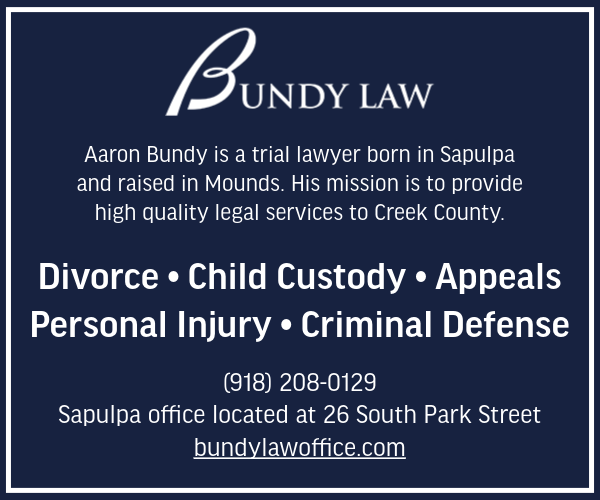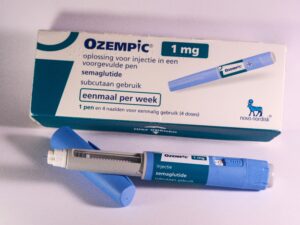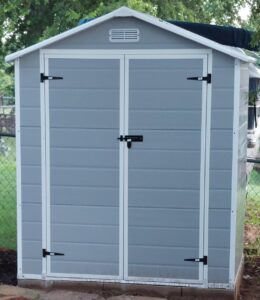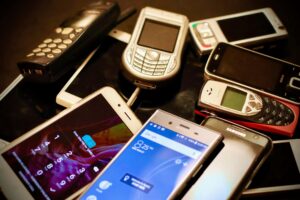Several weeks ago, the FDA issued a warning about the accuracy of Abbott Lab’s ID Now COVID-19 test. Researchers at New York University found the test missed a third to almost half of the positive cases.
The FDA has now received a total of 106 reports of adverse events for the Abbott test. The agency has received no other reports for any other point-of-care tests, according to a spokesperson.
The Abbott Labs test was one of over 100 tests given emergency approval during the pandemic. President Trump touted the test during a press conference in the Rose Garden at the White House. Health and Human Services already issued a $205 million contract to buy the Abbot Lab tests.

It is interesting to note that while the FDA standard was for a test to be at least 95 percent accurate, the Abbott Labs test and other “point-of-care” tests were only required to have 80 percent accuracy.
Susan Whittier, Director of Clinical Microbiology at New York-Presbyterian/Columbia University Medical Center co-authored a study that found that the Abbott test correctly identified 74 percent of positive samples. A point-of-care test from Cepheid correctly identified 99 percent of positives.
Gregory Berry, Director of Molecular Diagnostics at Northwell Health Laboratories in New York co-authored a study that found that the Abbott ID Now test detected close to 88 percent of positive samples. The Cepheid point-of-care test, which takes 45 minutes, detected 98 percent of positive samples.
The key metric Abbott reported as part of the process for receiving FDA approval is known as the limit of detection. This specifies the minimum amount of the virus that is needed for the test to be reliable. A higher limit of detection means more viral material is needed for the test to detect the SARS-CoV-2. A higher limit of detection increases the risk of false negatives if the patient’s viral load is not high. Studies have determined that there needs to be 20,000 copies of the virus to be 100 percent accurate. Abbott’s self-reported standard is a fraction of a percent of that.
Abbott Labs issued a statement: “The test is delivering reliable results and is helping to reduce the spread of infection in society by detecting more positive results than would otherwise be found.” Abbott Labs cited two studies that showed the test was 91 percent accurate.
Abbott Labs has revisions to its instructions for performing the test. It removed prior language in its instructions saying swabs could be placed in a type of liquid known as viral transport medium before the test is run, stating that patient specimens would become be too diluted.
The Abbot company now states that only direct swabs from patients should be inserted into the machine. It changed procedures for handling patient specimens following a Kaiser Health News story about health professionals voicing safety concerns.










